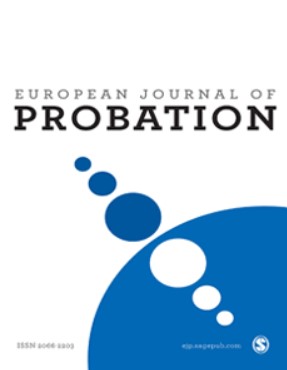Judicial rehabilitation in France: Helping with the desisting process and acknowledging achieved desistance
Judicial rehabilitation in France: Helping with the desisting process and acknowledging achieved desistance
Author(s): Martine Herzog-EvansSubject(s): Criminal Law, Behaviorism, Criminology, Penology, Penal Policy
Published by: SAGE Publications Ltd
Keywords: Judicial rehabilitation; Desistance; Criminal records; Employment; Redemption; Resocialisation; Resettlement;
Summary/Abstract: Shadd Maruna, in his masterpiece, Making Good (Maruna, 2001, 2011) advocates the creation of an institutionalized redemption ritual which would reinforce the offender's own certitude that he or she has indeed desisted successfully, and convince the community and society itself, that he/she has now become a good citizen. Such a ritual , which would preferably be judicial, exists in the French legal system, under the name of Judicial Rehabilitation. However, prior to fully acknowledging achieved desistance, the French legal systems aims at helping with the desistance process through a host of procedures that expunge all or part of criminal records. In this jurisdiction, criminal records are seen as constituting obstacles to employment and thus, as being counterproductive. Drawing on legal methodology, this article will first explain the penological grounds of criminal records, of expunging techniques and lastly, of judicial rehabilitation.
Journal: European Journal of Probation
- Issue Year: 3/2011
- Issue No: 1
- Page Range: 4-19
- Page Count: 16
- Language: English
- Content File-PDF

